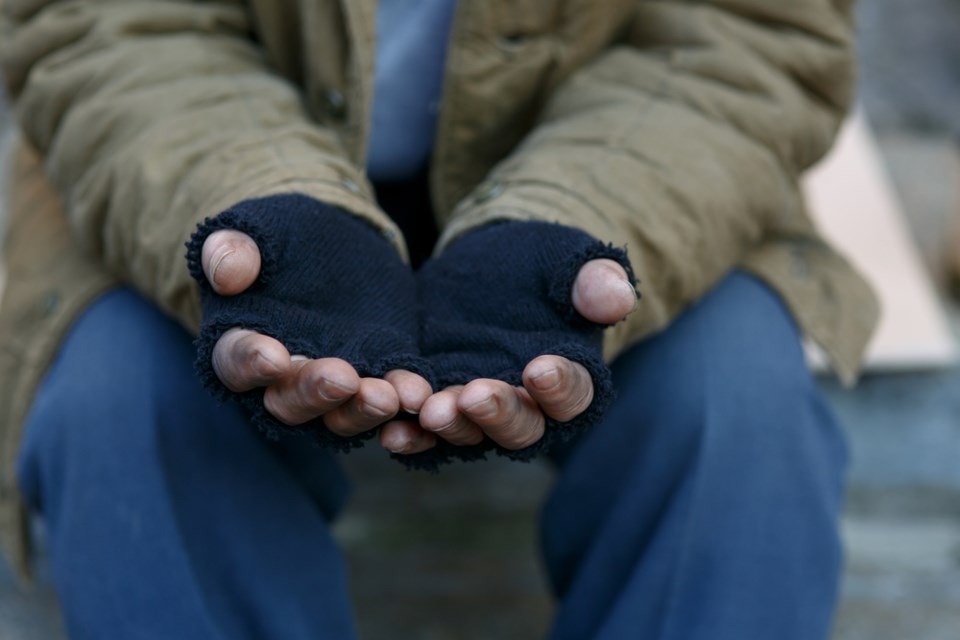COCHRANE— The Town of Cochrane is one of 28 rural communities participating in a collective effort to map out the effects of the COVID-19 pandemic on housing and other services.
The project is a follow-up to The Alberta Rural Development Network’s 2018 Rural Homelessness Estimations project.
Taking the lead on the survey in Cochrane is Kristen Immel.
“In rural communities, experiencing homelessness can look very different than in a large city. In a large city, homelessness is often visible, it is something people can identify and may notice,” Immel said. “In contrast, homelessness in a rural setting is often hidden, meaning that people are living temporarily in unstable or unfit housing conditions."
During the 2018 survey, the network surveyed 1,771 individuals across 20 communities with a total population of 291,531. Of those surveyed 1,098 stated they did not have stable housing and could face the possibility of losing their home.
The results of the 2018 survey indicated the leading mitigating factors creating unstable housing included low income, the inability to pay rent or a mortgage, inadequate housing and job loss.
Last year Cochrane Family and Community Support Services partnered with the Alberta Rural Development to complete the Town’s first housing instability survey, Immel said. She added the results indicated the community does have residents experiencing homelessness.
The concern now is how these issues have been affected by the COVID-19 pandemic and the economic turmoil created by the virus resulting in evictions and job losses.
The current project aims to collect data to understand the full effects of COVID-19.
“Those who were already at-risk prior to COVID-19 are finding themselves even more vulnerable to the economic, social and environmental ripple effects of the pandemic. Uncertainties related to employment, reduced hours and layoffs all contribute to furthering inequities,” Immel said. "Given that Cochrane completed a housing estimation in November of 2019, completing another estimation in November 2020 will provide our community with a greater understanding of how housing instability has been affected during this pandemic.”
Immel said the data collected in the 2020 survey will help to inform, educate, plan programming, develop policy and guide applications for funding by creating a better understanding of how to aid those experiencing homelessness or housing instability.
She added the survey from 2019 indicated that one of the common mitigating factors for participants was a lack of affordable housing options in Cochrane— Especially for youth and seniors.
"Communities are struggling with an economic slowdown on top of a global pandemic, and so it's now more important than ever to understand the needs of local residents," said Dee Ann Benard, Executive Director of The Alberta Rural Development Network in a press release. "In the past, rural communities have been met with disbelief when they say homelessness is an issue, but efforts to collect tangible data are starting to turn that around."
There are 28 communities participating in the 2020 project including Cochrane, Chestermere, Drumheller, Fort MacLeod, Hinton, Okotoks, Peace River, Slave Lake, St. Albert, Stettler, Strathmore, Sylvan Lake and Whitecourt.
Using feedback from residents the survey will work to identify the types and numbers of homes needed in participating communities, along with the kind of services and resources residents require.
The data collected from the project will aid municipalities and service providers in understanding and addressing the different gaps within a community, Immel said. All information gained will be provided in a report to Cochrane Family and Community Support Services.
For many though, the best way to help is by taking the step to be kind to neighbours and community members.
“One of the simplest things to do is to get to know your community, your neighbours, strive for connections,” Immel said.
The 2020 The Alberta Rural Development Network estimation runs from Nov. 1 to 30 in Cochrane. Surveys are available online or in paper. Any residents currently experiencing housing instability are asked to complete a survey.
Contact the Cochrane Family and Community Support Services for more information.




